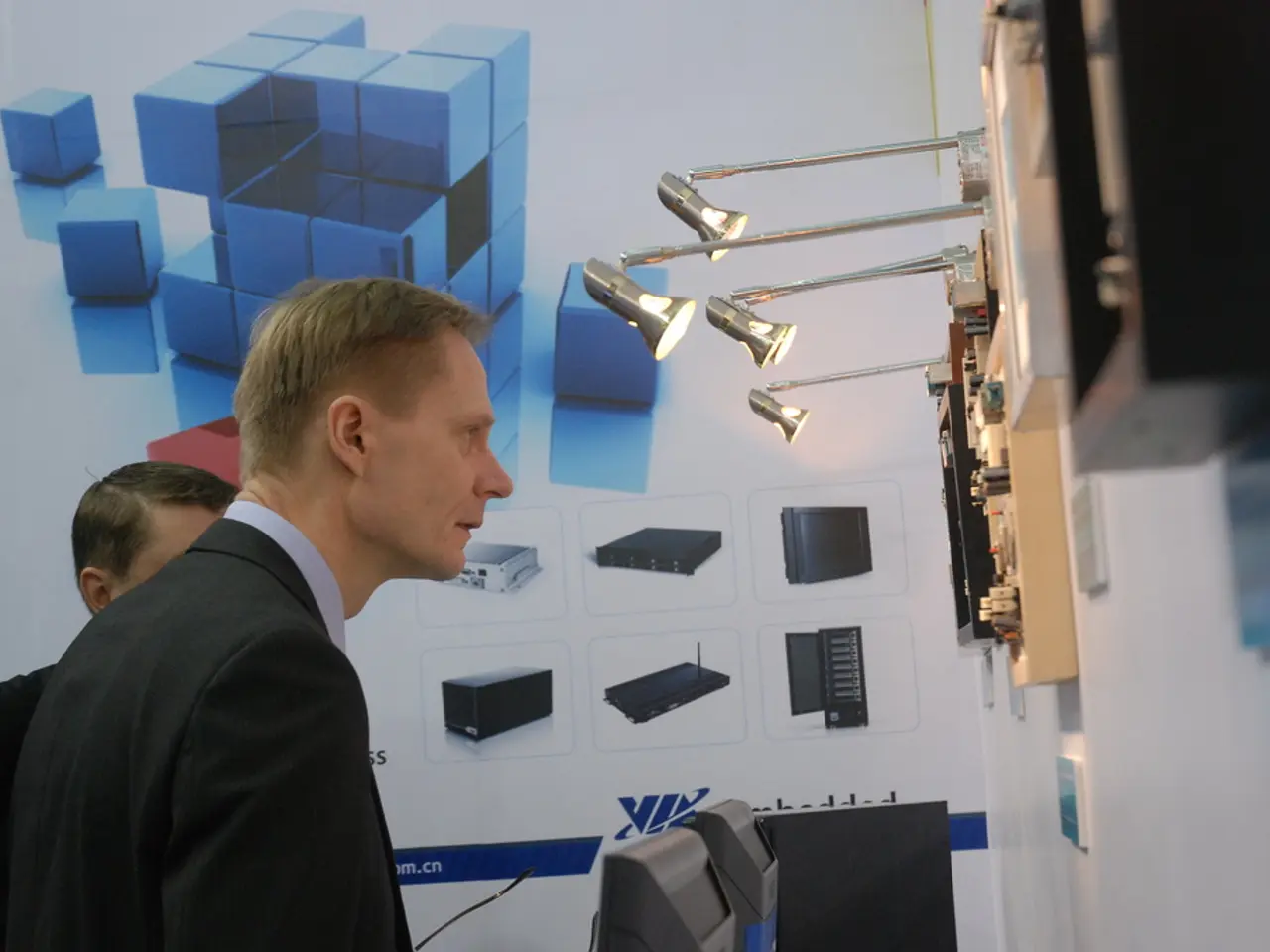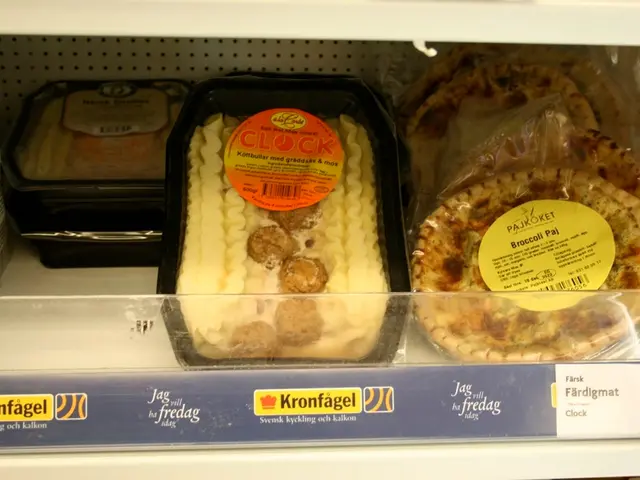Continued Sluggish Installation of Smart Meters in Germany Persists
In the second quarter of 2025, Germany's smart meter rollout has shown a modest increase, with only a 0.5% rise in the percentage of consumers equipped with smart meters compared to the end of Q1. This slow progress is a result of several challenges and underlying reasons, as indicated by recent data and reports related to the Federal Network Agency and German energy policy.
The technical and regulatory complexity of smart meter installation is a significant hurdle. Installing smart metering systems involves more than just replacing old meters. The setup includes a secure communication unit (smart meter gateway), new meters, control boxes, and possible upgrades to meter cabinets and wiring. This process is both costly and technically complex, requiring certified electricians and often encountering delays due to compatibility issues or regulatory compliance.
Moreover, the German §14a EnWG regulation, while aiming to modernize the grid and enable active household participation, introduces additional requirements for interoperability, data security, and device certification. This adds layers of complexity to both the manufacturing and installation process.
Financial burdens also play a role in the slow rollout. Homeowners may face annual fees (€40–50) and additional upfront costs for necessary hardware and installation services. These costs, along with the need for new infrastructure, create financial barriers for widespread adoption.
User confusion and implementation hurdles are further obstacles. Consumers and installers alike often experience confusion regarding the required components, installation process, and regulatory compliance. Clear guidance is still lacking, leading to delays and customer dissatisfaction.
Strategic delay and quality focus are also contributing factors. Germany's approach has been described as a "late start with a strategic advantage." While other European countries rapidly deployed smart meters, Germany prioritized developing a system with high security, flexibility, and controllability. This focus on quality and security, overseen by the Federal Office for Information Security (BSI), has slowed initial deployment but is intended to deliver a more robust solution.
The BSI's rigorous certification process for smart meter gateways and control modules has also delayed market readiness. At present, only a handful of manufacturers have all necessary certificates, limiting the speed of rollout.
Market and infrastructure readiness are additional challenges. Currently, less than five percent of German households have smart meters installed, reflecting the early stage of the rollout despite legislative mandates. Full coverage is targeted by 2032.
The need to integrate new hardware, software, and communication standards (such as EEBUS) across a diverse and decentralized energy landscape adds to logistical and technical challenges.
Despite these challenges, Green Bundestag MP Alaa Alhamwi has criticized the "snail's pace of rollout" of smart meter installations in Germany. The installation rate is still below the 20% legally prescribed quota for the end of the year, with only 15.6% of consumers for whom the installation of smart meters is mandatory having been equipped as of Q2 2025. The Federal Network Agency's figures show that the installation of intelligent electricity meters in Germany continues to progress slowly.
References: ntv.de, dpa.
The community institution could initiate vocational training programs to train certified electricians, helping to address the technical complexity and labor shortage in smart meter installation.
To support the smart meter rollout in Germany and increase its pace, data-and-cloud-computing technology could be utilized to streamline the installation process, reduce compatibility issues, and enhance regulatory compliance.




